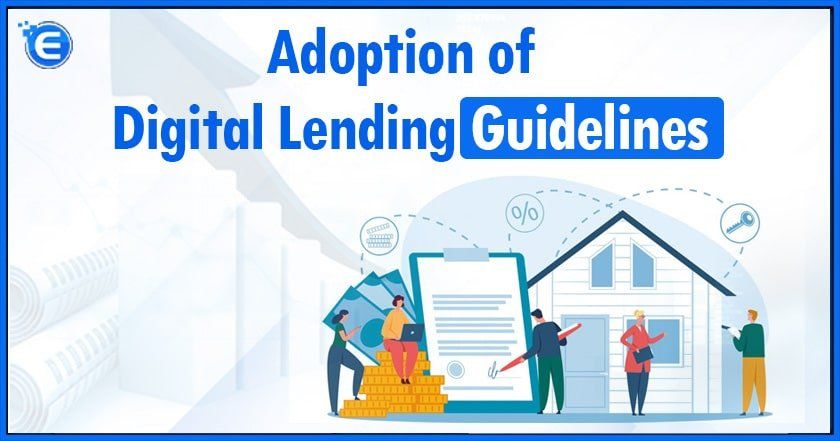Understanding the Legal Framework of Online Lending

Online lending has become increasingly popular in recent years, providing individuals and businesses with convenient access to loans. However, navigating the legal aspects of online lending can be complex and challenging. In order to ensure a smooth borrowing or investing experience, it is crucial to understand the legal framework governing online lending platforms.

Regulatory Landscape
The regulatory landscape surrounding online lending varies from one jurisdiction to another. Different countries have implemented distinct regulations designed to protect consumers and maintain financial stability. Therefore, it is important for both lenders and borrowers to familiarize themselves with the laws specific to their region.
Consumer Protection Laws
Consumer protection laws play a significant role in regulating online lending activities. These laws aim at safeguarding borrowers from unfair practices such as predatory interest rates or hidden fees. They also address issues related to data privacy, transparency requirements, and disclosure obligations.
Lenders must comply with these laws by clearly stating loan terms and conditions upfront, including annual percentage rates (APRs), repayment schedules, late payment fees, and penalties for defaulting on loans. Borrowers should carefully review these terms before committing to any loan agreement.
Securities Regulations
Some online lending platforms offer investment opportunities where individuals can fund loans made through the platform in exchange for returns on their investments. In such cases, securities regulations may come into play.
Securities regulations typically require companies offering investment opportunities through online lending platforms to register their offerings or qualify for certain exemptions under securities laws. Investors should therefore ensure they meet any relevant investor accreditation requirements laid out by regulators before participating in such investments.
Platform Responsibility
Online lending platforms often act as intermediaries between lenders and borrowers but bear responsibility for ensuring compliance with applicable laws within their jurisdictions. Platforms must implement robust due diligence procedures when selecting potential borrowers or investors while also verifying their identity information accurately.
Furthermore, transparent reporting mechanisms should be established by platforms so lenders can track borrower performance over time effectively. This assists lenders in making informed decisions and managing their risk exposure appropriately.
Legal Documentation
When engaging in online lending, various legal documents come into play to protect the interests of all parties involved. These may include:
Loan Agreements
Loan agreements outline the terms and conditions of a loan between a borrower and a lender. They typically cover repayment schedules, interest rates, late payment fees, and penalties for defaulting on loans. Both parties should carefully review these agreements before signing them to ensure full understanding and compliance.
Investor Agreements
Investor agreements govern the relationship between investors and online lending platforms when participating in investment opportunities offered through the platform. These agreements detail the rights, obligations, risks, and returns associated with investing through the platform.
Privacy Policies
Privacy policies explain how personal data collected from borrowers or investors will be used by online lending platforms. These policies should outline measures taken to protect sensitive information while providing individuals with control over their data.
Final Wrap
Understanding the legal framework surrounding online lending is crucial for both lenders and borrowers alike. Compliance with consumer protection laws ensures fair treatment of borrowers while maintaining transparency throughout the borrowing process. Moreover, compliance with securities regulations protects investor interests by ensuring proper registration or qualification exemptions for investment offerings made through online lending platforms.
Online lending platforms bear responsibility for implementing robust due diligence procedures when selecting potential participants as well as establishing transparent reporting mechanisms for lenders' or investors' benefit.
By familiarizing themselves with relevant legal documentation such as loan agreements, investor agreements, and privacy policies, individuals can make informed decisions when engaging in online lending activities while safeguarding their interests effectively.
Also Read...



